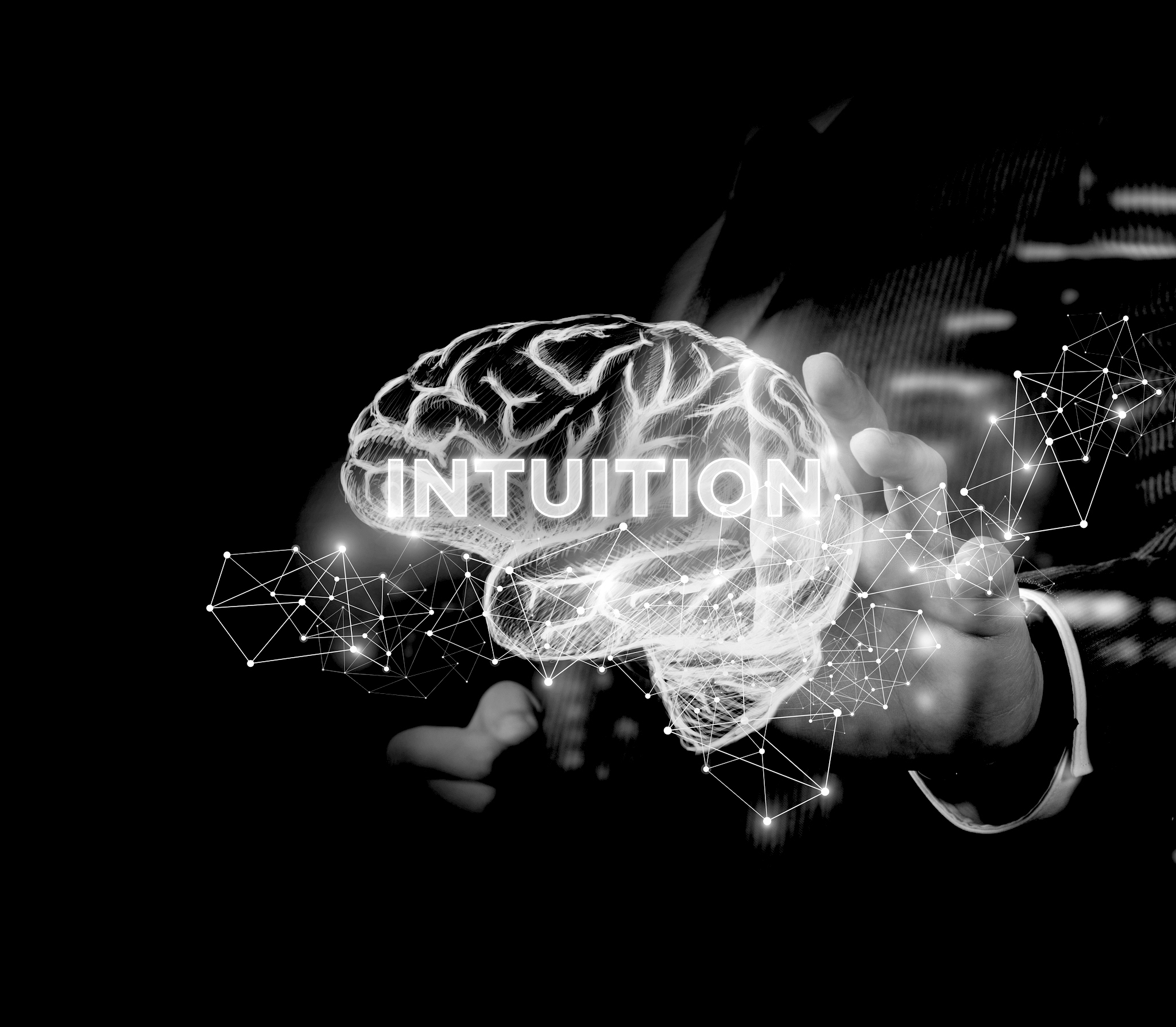This article (link below) is a refreshingly honest account of how intuitive sensemaking drives our emotional response to our environment, despite the powerful pull that a veneer of civilisation would suggest is illogical.
Our intuitive responses have been honed for very good reason, they have evolved to rapidly alert us to threat or opportunity. Even if at first contact intuition sends a false signal, it provides sufficient plausibility that we ignore it at our peril.
Sensemaking forms a life-critical building block of human decision-making, developed over two million years. Flight or fight decisions take less than a second to make because our hunter-gatherer ancestors did not have the luxury of time; if they were confronted with a threat, they had to act immediately or they would die. Logic or rational decision-making processes have been refined through socialisation (civilisation) for a mere twenty thousand years. The race between the two is not even close; emotion-laden pathways in the brain are faster than the logical signals. Because the emotional pathway in your brain transmits signals twice as fast as the more roundabout route involving logic, your judgment simply can’t intervene in time; it takes time to think, plan, analyse, and act.
Whether you are facing a lion on the savanna or a wolf on Wall Street, the better your sensemaking processes, the better your chances of survival! However, leaders face ever more complex issues, driven at high speed due to advances in technology and increasing scrutiny and compliance. So leaders err towards logic-driven empirically sound, but slow and expensive, data gathering and analysis.
Trying to match a fast and complex world with slow data processing, decision-making and action, can sometimes lessen your chances of survival.
Don’t feel guilty about acknowledging intuitive responses to your environment, hold them lightly and learn from them!


Comments are closed